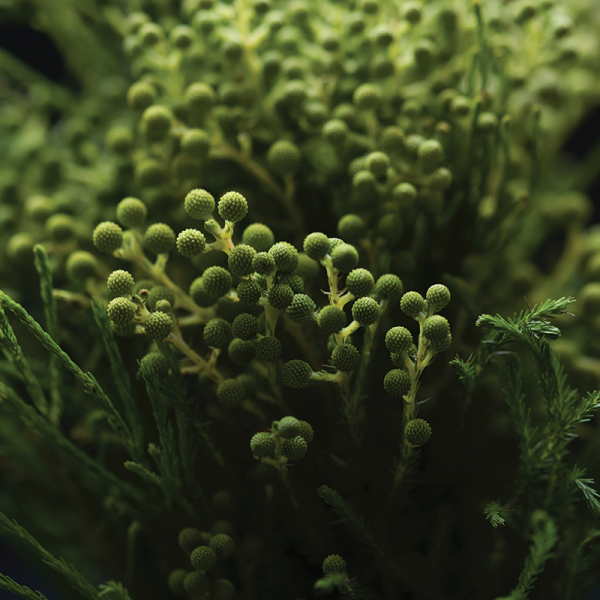Environmental Biology Major
As an environmental biology major, you will study the vital processes of all organisms and the environments in which they flourish, and specifically, ecology, conservation, and restoration of biodiversity. You will take a deep dive into topics like sustainable food production through understanding plant development, genetics, physiology, biochemistry, and genetic engineering, and you will gain a greater understanding of solar energy and advanced biofuels. Though housed in the Department of Biology, you will take courses across chemistry, earth and planetary sciences, environmental studies, and biology.
sample courses:
A course that provides an introduction to plant development, genetics, physiology and biochemistry with emphasis on processes that can be manipulated or better understood through genetic engineering. The course is divided into 3 sections. The first section of the course discusses basic plant biology, development and genetics. The second part of the course emphasizes gene structure, expression, and cloning as well as methods for introducing foreign DNA into plant cells and regenerating fertile plants in tissue culture. During the third part of the course we discuss a variety of examples of genetically engineered traits, including: herbicide resistance; fruit ripening; pathogen and/or insect resistance; the use of plants for production of industrial and pharmaceutical compounds.
A broad overview of the flow of energy, captured from sunlight during photosynthesis, in biological systems, and current approaches to utilize the metabolic potentials of microbes and plants to produce biofuels and other valuable chemical products. An overall emphasis is placed on the use of large-scale genomic, transcriptomic and metabolomic datasets in biochemistry. The topics covered include photosynthesis, central metabolism, structure and degradation of plant lignocellulose, and microbial production of liquid alcohol, biodiesel, hydrogen & other advanced fuels.
our students have gone on to become:
Biological Patent Lawyers
Environmental Biologists
Conservationists
Ecologists
Oceanographers
Scientific Editors/Writers
Teachers/Professors
